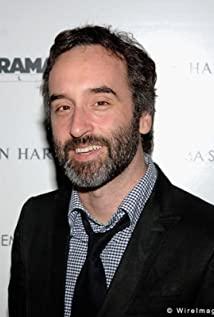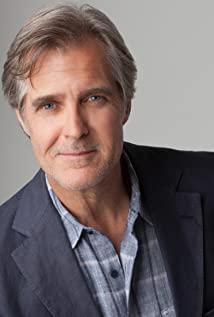At least once in life experience the true love of the unity of soul and body to discover oneself.
The background of the story in the 1990s, coupled with growing up in a religious family environment, and his own career, Camille's self-identity is incomplete. Even if she has a boyfriend who has been with her for three years and is about to get married, a good opportunity for promotion, a bright future and material wealth have not brought real happiness to the ordinary life. Maybe she doesn't know what can make her truly happy.
When she met Patricia, her beauty, boldness, and undisguised love made her fear and yearn. The appearance of Patricia makes Camille begin to perfect his self-identity.
In the process of self-improvement, it is always vague and contradictory at first. Camille initially wanted to find a balance, she told Pie, we can be friends. At this time, Patricia already had a clear understanding of herself, she directly expressed her love for Camille, and said for what when Camille sent a friendship card. This reminds me of when Piper said maybe friendly again to Alex in OITNB, Alex replied We were never friends, not for a secend, because Alex loves her, her people and her body. So this so-called balance is a balance that doesn't exist at all. Love and friendship are not blurred at all. The so-called balance is that Camille doesn't want to lose Patricia, and doesn't have the courage to accept that he is gay as a compromise, but it hurts Pai, but Pai still loves her. In the conflict, Camille maintains a physical relationship with her boyfriend Martin, while unable to control herself to find Patricia. As Patricia said, she is exploring and exploring her two relationships, so that she can gradually understand, accept, and pursue her heart's desire.
Getting along with Patricia is what Camille wants, because in front of Patricia, she can be her original appearance, the most comfortable and does not need to pretend. The open and inclusive circus brought her a far cry from the serious religious environment.
At the end, Camille is faced with the choice of leaving or staying. When she decides to reveal the truth to Martin, the words of Martin, who already understands everything, put her in a difficult position. Martin loves her, and at the same time, there is a hypocrisy of social rules behind those selfish and nonsense words. The seemingly reasonable, harmless way to make others speak carefully is actually a social morality that is selfish and does not want to be broken by the truth. specification.
In the resistance of self and society, Camille could not find a balance, so he thought of dying.
The very symbolic scene at the beginning comes into play—a naked Camille immersed in water, a vision of her mind. As her body was gradually covered with ice and snow, the illusion also froze in the cold.
I didn't expect the director to give the film a romantic and idealized ending, and I always felt that tragedy was more realistic. At the end, Patricia melted the cold of the fantasy with warmth, Camille woke up, and went to free America with Patricia.
This 95-year-old film is quite artistic in terms of visual and light and shadow narratives. Only when the theme of the film is expressed through the story of Cupid, the god of love, the interpretation is not thorough enough. The artistry of the story can be further improved, but it is already high-quality. , discussing the works of same-sex love, not to mention the ones shot in 1995.
In the end, because Mr. Xi mentioned the "Darkness Falling" in the interview, I came to see it and found similarities with the structure of the Burning Girl, using the interpretation of the story of the gods as the driving force for the protagonist's behavior, and at the same time symbolizing the side. The protagonist, Mr. Xi, is a great addition, this charming woman!
View more about When Night Is Falling reviews











